FINEX Folio
By Jesus Ma. Lava III

The Philippines remains one of the most at risk and vulnerable to the effects of climate change. Its location and the frequency of several other phenomena related to the worsening climate crisis threaten the country’s communities, infrastructure and economy.
For businesses, these disruptions may result in operational setbacks, logistical challenges and financial losses. Given the high risks posed by climate change, it is crucial that companies in the Philippines take a proactive role in transitioning to low-carbon operations. This is not merely a global trend; it is a necessity to ensure financial and operational sustainability of businesses and to uphold national stability and resilience.
The transition to a low-carbon economy is also not just about mitigating risks for individual businesses. It is also a national obligation under the country’s commitment to the Paris Agreement, in which all member countries must submit their updated nationally determined contributions based on a five-year cycle of review. The Philippines has pledged to reduce its greenhouse gas emissions by 75% by 2030, and the National Government must implement measures that require scaled and extensive corporate participation, pushing them to submit their decarbonization plans every five years and compliance reports yearly.
The transition to a low-carbon economy will vary for each company, and so will the risks associated with their movements. Some businesses may undertake considerable financial investments in cleaner technologies, while others may experience operational disruptions as they shift away from carbon-intensive processes. These transition risks, combined with evolving market expectations and policy changes, reinforce the urgency for companies to prepare effectively and choose strategic planning methods that allow them to assess risks and opportunities competently.
A strategic planning method based on varying circumstances and scenario analysis plays a critical role in the transition to a low-carbon economy because it helps businesses assess their readiness for climate-related risks. It examines and evaluates potential future scenarios of the world to assess the resilience of an entity’s strategy and business model to climate-related risks and opportunities, allowing companies to hypothetically quantify the effects of transition risks to entities across relevant time horizons based on the degree of policy and regulatory implementation and changes.
Furthermore, the analysis involves looking into the company’s greenhouse gas inventory and decarbonization strategy, and investigating its emissions based on the mix of energy consumption and the related costs. The analysis varies depending on the industry and business model, but its core purpose remains the same: to help companies anticipate how their financial performance, asset values and operations might change under different climate-related scenarios.
The benefits of scenario analysis extend beyond compliance. It helps businesses anticipate additional costs for nonrenewables, polish their decarbonization strategies and bolster the confidence of investors who are starting to factor sustainability and climate risk in their decision-making.
Companies that model their sustainability initiatives based on scenario analysis enhance their reputation, build resilience against unforeseen risks and gain a competitive edge in evolving markets. Furthermore, it ensures compliance with international standards such as the International Financial Reporting Standards, International Sustainability Standards Board and the Security and Exchange Commission’s Sustainability Report Form.
The transition to a low-carbon economy is no longer optional; it is a business imperative. With global markets fluxing toward a clean and sustainable future, companies that fail to adapt will face increasing risks. Philippine businesses must recognize their distinct vulnerability to climate change and take decisive and steady actions to prepare for the future. This is not just about their internal risk mitigation, but also the assurance of their resilience, the attraction of potential investments and their meaningful contribution to national and global sustainability goals.
The views and opinions are the author’s and do not necessarily represent the views of FINEX, Deloitte and BusinessWorld.
Jesus Ma. Lava III is the sustainability & emerging assurance leader at Landicho Abela & Co. (Deloitte Philippines), a member firm of the Deloitte network and also a FINEX member. This article was developed with significant contributions from Deloitte Philippines’ senior consultant Sebastian Carino, whose insights helped shape its content. For comments or questions, e-mail phcm@deloitte.com.